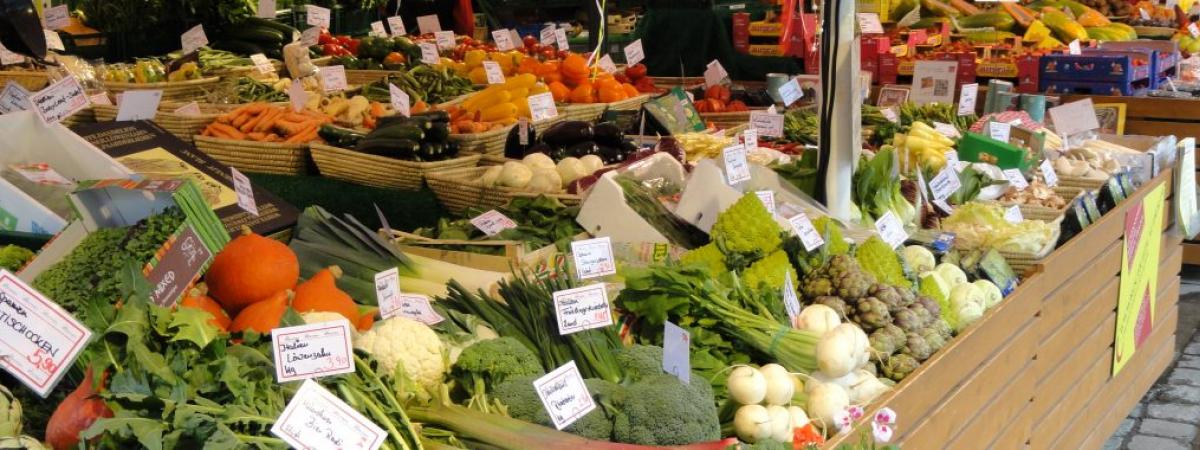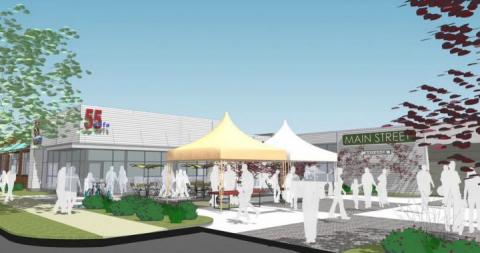The Prevention Research Center for Healthy Neighborhoods and the Center for Reducing Health Disparities are actively studying how changes in the neighborhood food environment affect the health of a community. Led by Drs. Darcy Freedman and Ashwini Sehgal, the FoodNEST project will examine changes in diet among people living in two targeted neighborhoods (one in Cleveland and one in Columbus) over a two-year time period.
These neighborhoods are defined as “food deserts” by the USDA – while residents may have some access to supermarkets, these do not provide broad access to fresh and healthy food choices. The study will enroll a total of 520 primary food shoppers in both communities who will complete a comprehensive 24-hour dietary recalls at baseline, 12 months, and 24 months, and a short survey to assess psychosocial and behavioral factors that influence food shopping and diet. This study will follow the impact of establishing food hubs in these neighborhoods — food hubs that will provide a farmers’ market environment with the hours and convenience of a grocery store.
Findings from this community intervention project will inform how best to improve food access and dietary choices in communities that lack such access.
References
Freedman DA, Blake CE, Liese AD. Developing a Mullticomponent Model of Nutritious Food Access and Related Implications for Community and Policy Practice. J Community Pract. 2013;21(4):379-409.



